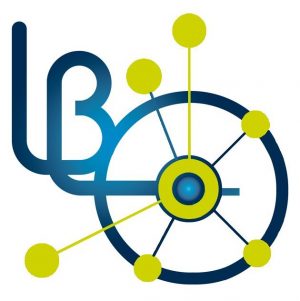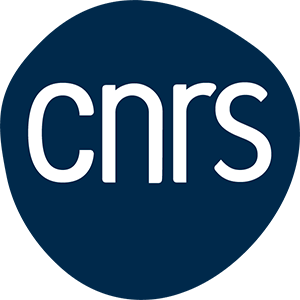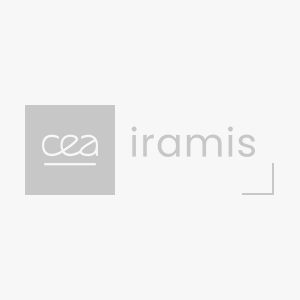Domain, Specialties : Condensed matter physics
Keywords: Magnetism, – Superconductivity, – Many-body physics
Research Unit : LLB / NFMQ
Summary
There has been a tremendous amount of interest recently in a new form of magnetism called altermagnetism both from the point of view of fundamental condensed matter physics and from the perspective of spintronics applications. Altermagnets are most naturally understood in the language of spin symmetries which are generalizations of the traditional magnetic group theory. It is of interest to understand the broader role of spin symmetries in condensed matter physics. The purpose of this theoretical project is to take a step in this direction by exploring their role in shaping the nature of superconductivity.
Full description
This project is for a motivated student interested in theoretical condensed matter physics. It involves original research into superconductivity and especially possible superconducting instabilities of altermagnets. The goal is to formulate phenomenological theories of superconductors with spin symmetries and to explore their properties to obtain a detailed picture of the physics of these systems. Altermagnets are antiferromagnets where the Kramers degeneracy of the electronic bands is broken even at zero spin-orbit coupling. This leads to spin split bands that are anisotropic in momentum space. Altermagnets can be viewed as spontaneously symmetry broken magnetic phases with residual spin symmetries meaning that transformations in spin space and real space need not be locked to one another. The definitive discovery of altermagnetism in experiments this year has given a stimulus to exploring the physical consequences of general spin symmetries in condensed matter. Among these, the distinctive band structures of altermagnets place constraints on possible pairing instabilities with a potential for novel and interesting superconducting phases including topological superconductivity.
Location
CEA Saclay, (91) Essonne, France
Internship conditions
- Internship duration: 6 months
- Level of study: Bac+5
- Training: Master 2
- Continuation in PhD thesis: Yes
- Application deadline: 24 septembre 2024
Experimental skills
Useful methods and technics:
Theoretical project: mainly analytical with a computational component
Computer languages and software:
It will be useful if the candidate has some familiarity with e.g. python, julia or Mathematica or is, at least, willing to learn.
Langue : Anglais
Links
- Site web du laboratoire : iramis.cea.fr/llb/nfmq
- Personal Web page of the supervisor
Supervisor
Paul McClarty
Phone: +33 1 69 08 52 41
Email :
Head of the laboratory LLB / NFMQ
Xavier Fabrèges
Phone: +33 1 69 08 60 09




